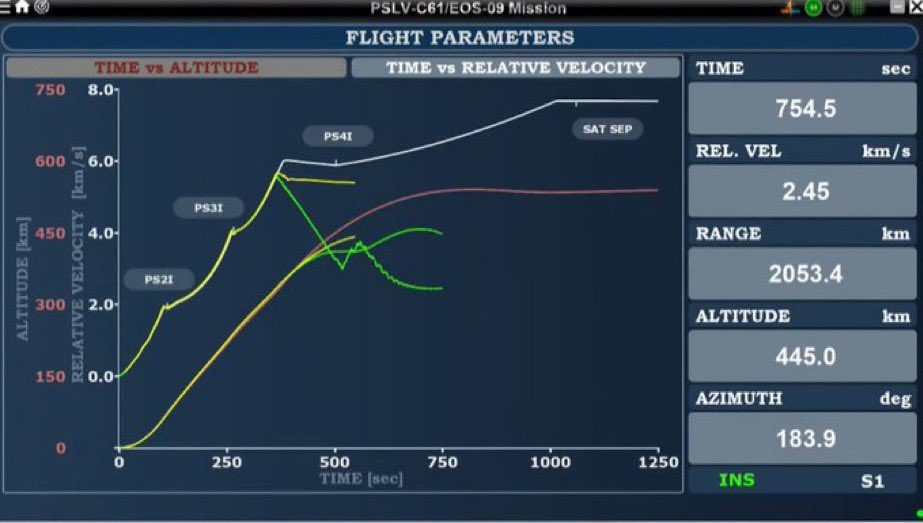There has been blow-back to the US space industry after the US Export-Import (Ex-Im) bank, which provides financial guarantees and direct funding for deals likely to lead to US exports, had its operations suspended because its authorisation was not renewed by the US Congress on 30 June 2015. Republican Party respresentatives had expressed concern that it distorted the free market.
In mid-July, Boeing had a contract for the construction of ABS-8, using its Boeing 702SP bus, cancelled by Hong Kong-based satellite operator Asia Broadcast Satellite (ABS).
The deal, estimated to be worth over US$100 million, reportedly foundered when its financing, which was supported by the Ex-Im bank, collapsed after the Ex-Im bank’s operations were suspended.
The ABS firm had previously ordered satellites from Boeing using its “all electric” Boeing 702SP bus including the ABS-2A and ABS-3A, both of which were subsequently successfully launched.
Export credit agencies have received a mixed press recently. The financial failure of the US Ex-Im bank-backed NewSat Jabiru-1 satellite project resulted in a projected loss of US$100 million to the bank. While this particular loss hit the US Ex-Im bank, some commentators predict even bigger losses to French export credit agencies if similarly backed large-scale LEO satellite constellations fail.
Boeing is now reported to be considering offering its own financing package to recover the order.
Comment by David Todd: While export-credit agencies and banks, such as the US Ex-Im bank and the French Coface agency, have probably skewed the space market in providing financial guarantees to weak projects that, by rights, should not receive funding (some LEO constellations come to mind), ABS is not one of these. In the meantime, unilaterally ending the operation of the US Ex-Im bank will not help, especially if other nations are not doing the same with their own export credit agencies. Economic purists may argue the point about export credit agencies’ detriment to a true free market, however, in the larger competitive picture these agencies are not wrong in themselves. Let us face it, if a democratic nation’s government wants to risk subsidising export deals for the greater good of its own national economy, it should be allowed to do so. However, to ensure value for money for the taxpayer relative to the financial risk, there should be checks and balances on which projects such state-backed export credit agencies invest in.







